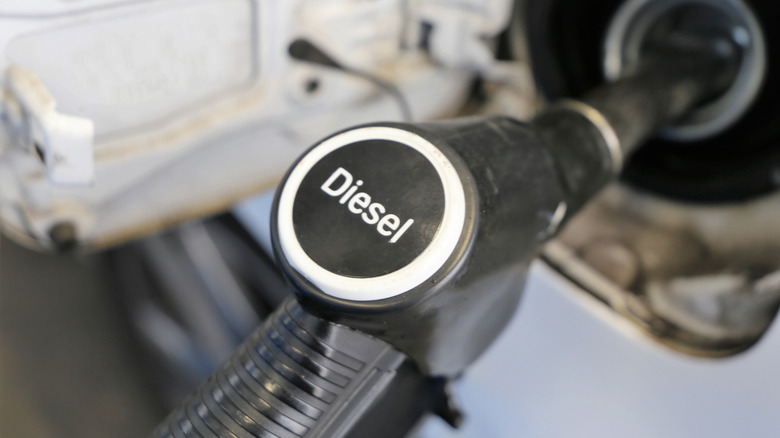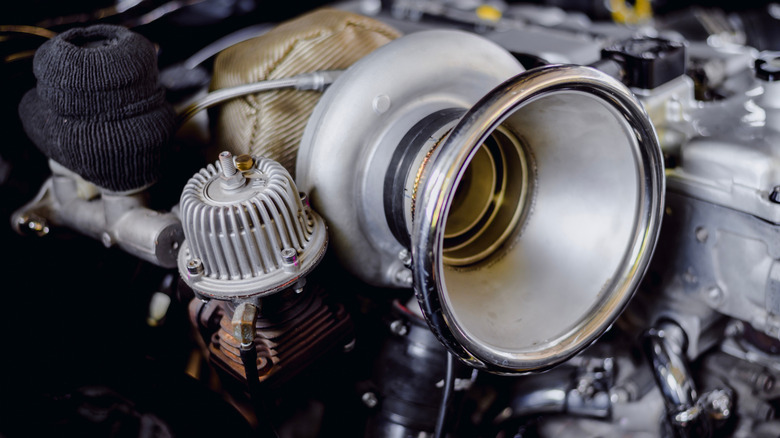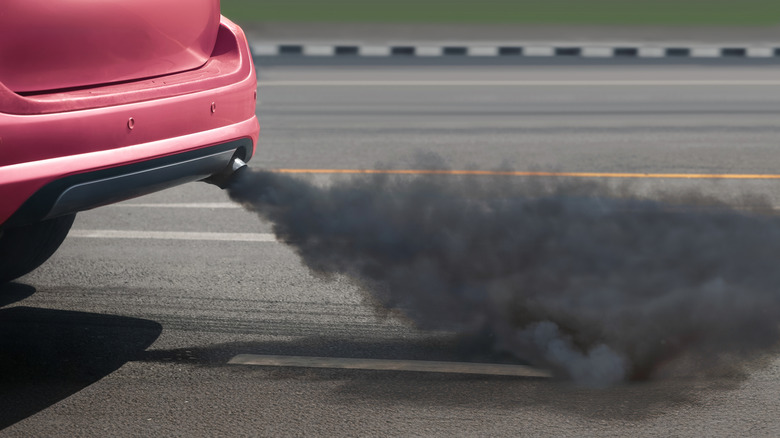Why Do People Idle Diesel Engines? (And What Happens When You Do?)
You may have noticed that diesel drivers tend to idle their engines after driving, typically when finishing a journey, instead of switching off the engine immediately. This action may seem lazy or forgetful, but there is actually sensible reasoning behind this.
The primary reason why a diesel driver may choose to do this is to cool the engine down before switching it off. Behavior like this is more likely among diesel drivers, as combustion temperatures within a diesel engine are higher than that of a gas engine, even though diesel engines do typically have cooler exhaust gases. The point isn't simply just to cool it though, but to prevent avoidable damage from happening under the hood.
Heat can cause all sorts of issues to engines; some diesel drivers worry about a sudden drop in temperature causing the exhaust manifold to crack, for example, although this isn't the main issue drivers are looking to avoid. Instead, drivers are looking to avoid causing damage to the turbocharger.
Idling your diesel engine can prevent coking
What happens when you let your diesel engine idle, is that the temperatures within the engine all cool down, as they are under less stress. Running an engine at higher rpms for a long amount of time can cause an awful lot of heat to build up, and idling can let some of this heat dissipate, before switching off completely.
The reason why diesel drivers are looking to cool their engines down, is to avoid coking within the turbocharger. Coking is the process in which the heat within a turbo — particularly within the single shaft of the turbo — causes the turbocharger's oil to leave sludge and/or varnish behind. While this process can occur in all turbocharged engines, almost all modern diesel engines are turbocharged, which is why idling may be associated more with specifically drivers of diesel vehicles.
A turbo spins at immensely high speeds, in the region of 300,000 rpm, and at temperatures far greater than what other spinning engine components experience, which in turn causes coking. The sticky residue left behind can cause damage to the seals within a turbocharger, in addition to leaving behind abrasive materials, which can damage the bearings. Even the most reliable diesel engines are susceptible to this kind of damage, especially if they've been subject to arduous use such as towing and hauling for long periods of time.
Allowing the engine to idle will allow the oil to cool down, and therefore reduce the risk of coking from occurring. It's especially recommended for diesel engines which have been running for a while, or have been working hard — just a minute or two of idling is all that's required.
There are downsides to idling a diesel engine
One of the more prevalent issues with idling a diesel engine is that it can cause the build-up of carbon within the engine itself, in addition to the turbocharger and exhaust system, due to incomplete combustion. Another issue is that, if left idling for too long, a diesel engine will not be at its ideal operating temperature, and therefore unburnt fuel may dilute the oil. Both carbon build-up and fuel dilution can increase wear and tear within a diesel engine, plus result in the engine not running as efficiently as it could.
There is also an environmental aspect, as toxic diesel fumes, like nitrogen oxides and particulate matter, will be distributed into the atmosphere from idling, whereas simply switching the engine off could avoid this excess contribution to pollution. However, in order to extend turbocharger life, it is advised to allow the engine to idle for a minute or two after heavy use – this simple act could end up saving you from a costly turbocharger rebuild or replacement.


